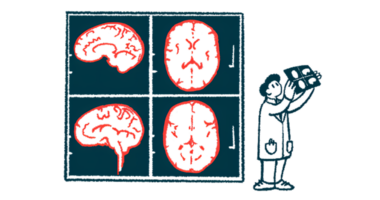#ECTRIMS2016 – Cognitive Problems in MS Patients Linked to Lower Income, Study Reports

In a recent talk, titled “Income and cognitive impairment among multiple sclerosis patients,” scientists investigated how cognitive impairment impacts the life of patients with multiple sclerosis (MS), and reported significant differences in income that correlated with levels of MS-cognitive deficit.
These findings were recently presented at the 32nd Congress of the European Committee for Treatment and Research in Multiple Sclerosis (ECTRIMS), taking place in London on Sept. 14–17, by a group of scientists from the Neuroscience Department of Karolinska Institute, Stockholm, Sweden.
Patients with MS often experience cognitive impairment, with estimates pointing to a prevalence of 40% to 70%. Not surprisingly, MS patients’ cognitive abilities, such as memory and attention, can be affected. This means that beyond the physical impact of the disease, MS patients’ social structure is also impacted, including employment.
Researchers analyzed the sources and levels of income among MS patients in relation to cognitive impairment. The cross-sectional study was performed using the Symbol Digit Modalities Test (SDMT), previously shown to have high sensitivity in detecting not only the presence of brain damage but also changes in cognitive functioning over time (and even in response to treatment). A cross-sectional study is a type of observational study that involves the analysis of data collected from a population, or a representative subset, at one specific point in time.
The team specifically linked data from the Swedish Multiple Sclerosis Register to statistical data registered at the Statistics Sweden. In total, the study included 2,080 MS patients, ages 21 to 64, living in Sweden and having a SDMT performed recently.
Researchers found that MS patients in the highest quartile (SDMT 62−110) had an annual income more than twice that of patients in the lowest quartile (SDMT 6−44). Patients in the lowest quartile, however, got three times more income through social benefits in comparison to patients in the highest quartile. These differences remained statistically significant in different analysis.
“Cognitive function affects the financial situation of MS patients considerably. Correlations between higher cognitive impairment and patient income were observed (negative for the earnings and positive for the benefits),” the authors wrote in the congress’ abstract.






